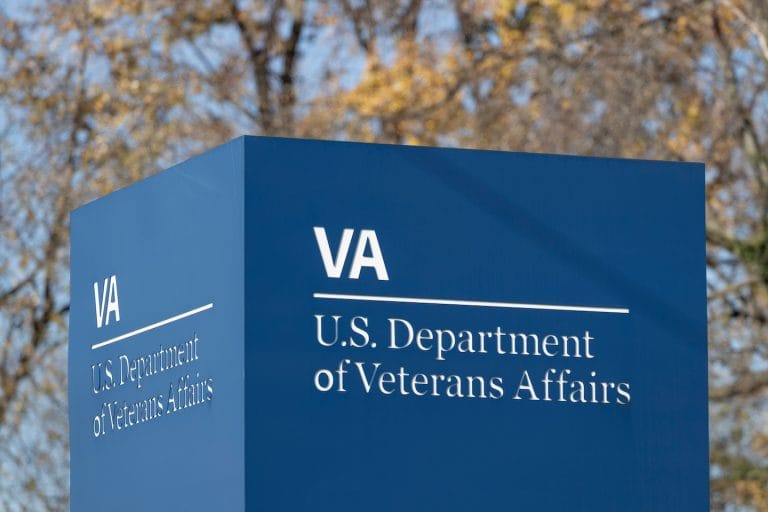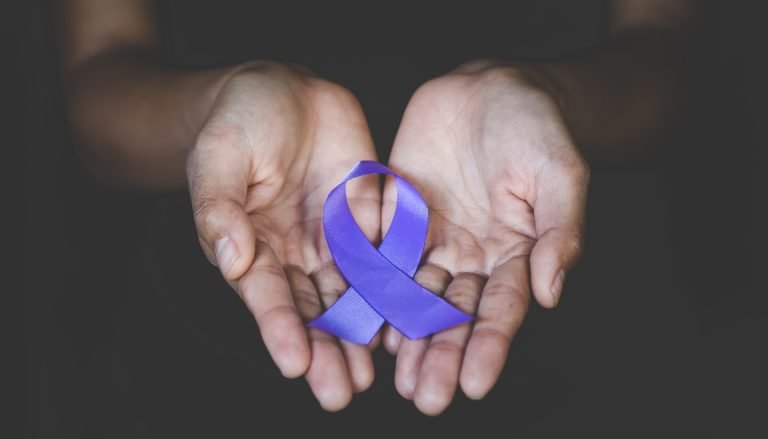
We Work With Most Insurance Companies
Insurance coverage will vary across plans, fill out our insurance verification form and we'll provide you with all the details.

Veterans often face barriers when returning to civilian life and may turn to substances to cope. This can, over time, lead to an addiction that severely impacts the wellbeing of the veteran and their loved ones. The U.S. Department of…

National Mental Health Awareness Month is here — the time of year when we check on each other and ourselves to ensure we are taking care of our mental well-being. Despite the prevalence of mental health issues, many are unaware…

Every year, National Drug and Alcohol Facts Week (NDAFW) aims to shatter the myths, misinformation, and social media chatter surrounding addiction and substance use. Instead, this week is meant as a time to share information on the science behind addiction.…

With roots in ancient practices, yoga has become a recognized form of complementary treatment in mental health care. Find out how yoga can lift your mood, support your mental health recovery, and put you on a path toward inner peace.…

When it comes to New Year’s resolutions, addiction recovery and quitting substance use are often common themes for many people. But while many people hope to start the year with a sober fresh start, maintaining abstinence after a substance use…

The holiday season is often called the most wonderful time of the year, but for many, it can also be the most stressful time. Between family gatherings, holiday events, and the pressure to make everything perfect, it can take a…

It’s normal to feel discouraged when your recovery turns into relapse, especially if it isn’t the first time. But relapse is actually part of the recovery process, and you might need several attempts to reach a level of sobriety that…

The Family and Medical Leave Act (FMLA) is an important federal law that allows for unpaid leave and job protection of up to 12 weeks for people in a variety of situations. One of the situations that it covers is…

When choosing a recovery center prioritizing mental health, consider its treatment priorities to address both substance abuse and mental health disorders, opt for master's level clinicians, check for specializations, ensure diverse treatment options, and look for a holistic approach. The recovery center should offer tailored programs, diverse therapies, and cater to individual needs for lasting recovery. Top centers will focus on whole-body wellness and offer inpatient or outpatient treatments for long-term success in managing mental health and substance use disorders.

Recognize International Overdose Awareness Day on August 31 by participating in various activities. Join social media groups for overdose awareness, start conversations about prevention, become an advocate, educate yourself about overdose risks, and consider hosting a local awareness event. This day aims to raise awareness about substance use disorders, reduce overdose rates, and provide resources for addiction recovery. Show support for those affected by overdose and addiction by actively participating in initiatives and discussions.

Insurance coverage will vary across plans, fill out our insurance verification form and we'll provide you with all the details.